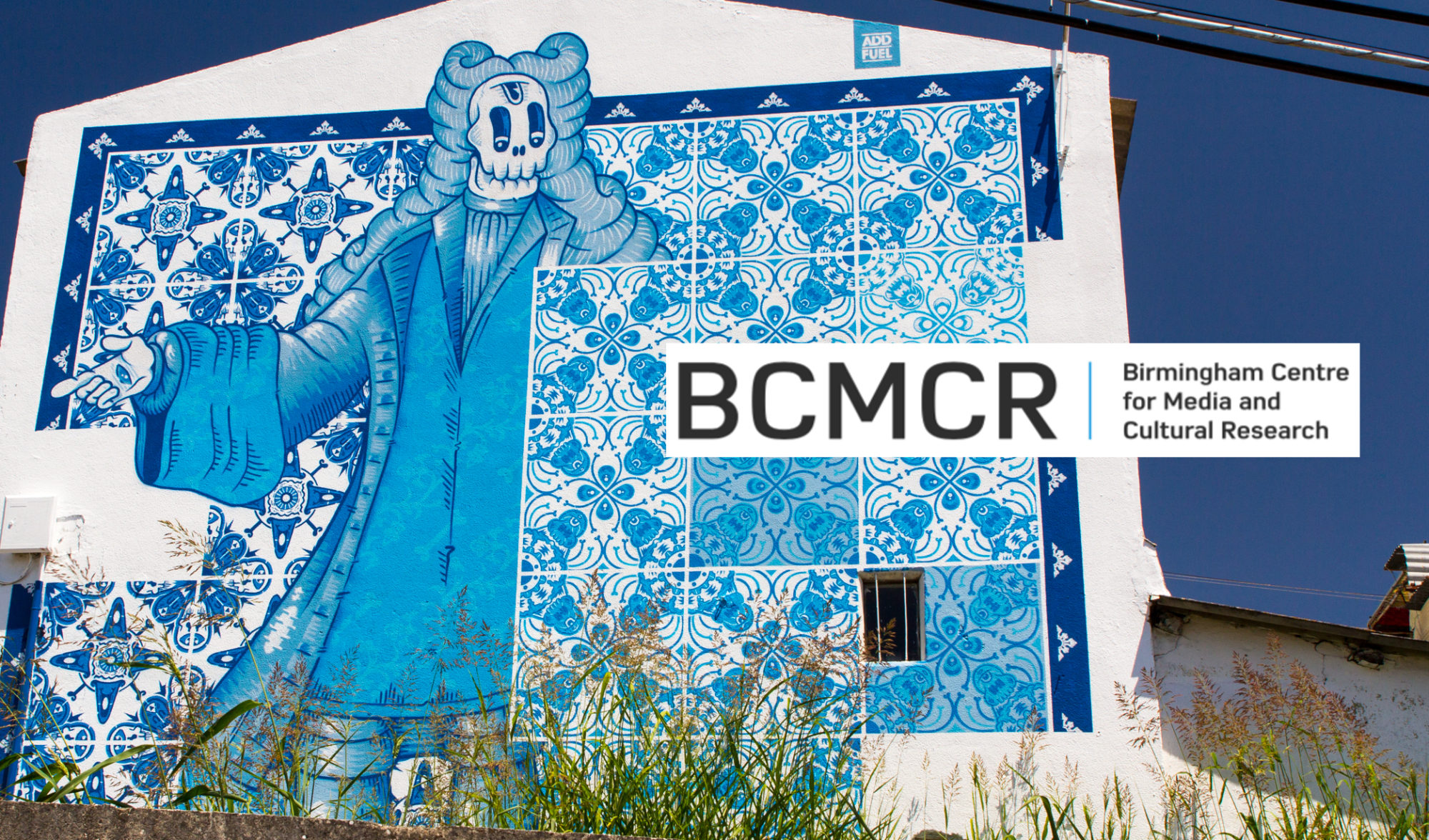In this session, speakers from the University of Ibadan will share research they’ve been conducting in Media and Cultural Studies.
1600-1730 Wednesday 18 April
P424, Parkside, Birmingham City University
Free registration at this
linkProf. Ayobami Ojebode (University of Ibadan) – Power to the Powerful, Not to the People: Explaining the Variation in Online Reactions to Chibok and Dapchi Schoolgirls’ Abductions in Nigeria
Prof. Nkechi M. Christopher (University of Ibadan) – Assessing the influence of journalists’ role perception on the development of investigative journalism in Nigeria
Dr. Olusola O. Oyewo (University of Ibadan) – Teaching Business Journalism in the West African Sub- Region and its implication for uniformity/global standards
Dr. Beatrice A. Laninhun (University of Ibadan) – Exploring Advertising to Children across Cultures
Dr. Olayinka A. Egbokhare (University of Ibadan) – Analysing the Reportage of Yoruba News on Gender Based Violence – a study of selected Radio Stations in Ibadan. (Co Researcher- Abiola Odejide, PhD Emeritus Professor)
About the speakers:
Ayobami Ojebode is Professor of Applied Communication in the Department of Communication and Language Arts, University of Ibadan, Nigeria. His research interests are community communication; community governance; new media; and political communication. His works have been published in reputable outlets in many countries. Professor Ojebode has been a visiting researcher, a visiting scholar, a keynote speaker, a consultant, a trainer and/or examiner in universities and research institutes in Nigeria, Ghana, Kenya, South Africa, the United Kingdom, the Netherlands, Germany, Peru and the United States. Since 2014, he has been facilitating and coordinating advanced research methods workshops for researchers from all over Africa organised biannually by the Partnership for African Social Governance Research (PASGR) in Kenya. (
ayo.ojebode@gmail.com)
Nkechi M. Christopher PhD, Department of Communication and Language Arts, University of Ibadan, Nigeria teaches, researches and supervises studies in Communication and Language Arts, and is a book publishing expert and a literacy development enthusiast. Internationally, she taught English for two sessions (2013–2015) in King Abdulaziz University, Jeddah (KSA), has presented papers at conferences and has published in reputable journals. Locally, she successfully initiated and coordinated a six-month synthetic phonics trial sponsored by THRASS UK (2009), organised the 1st Mid-term Conference of the Reading Association of Nigeria (RAN) in 2007, among other sponsored activities and events. She became a full professor of her university with effect from October 2014 by a February 2018 pronouncement. (
nmxtopher@gmail.com)
Dr Oyewo holds a PhD in Organisational Communication with focus on the informal network of relationship, Rumour within the organisation. He has been a university teacher for the past 21 years teaching courses which include Introduction to Human Communication Systems, Business/Organisational Communication, Comparative Media Systems, Investigative journalism, group communication system etc. He is a member of the Forum of African Media Educators under the auspices of Konrad Adenauer Stiftung. He is also a Fellow of the Certified Institute of Marketing Communications in Nigeria. He is a consultant to various agencies including: UNICEF, Federal Ministries of Health, Information and Education. He is currently a Reader in the Department of Communication and Language Arts and has publications in reputable academic journals, both local and international. He has also supervised to completion, 8 PhD holders, and another two who are also at advanced stages in their research.
Beatrice Adeyinka Laninhun (PhD) teaches in the Department of Communication and Language Arts, University of Ibadan, Nigeria. Her teaching and research interests include marketing communications, speech communication, broadcast presentation and gender studies. She is a Fellow of the Certified Marketing Communications Institute of Nigeria, Member of the Nigerian Institute of Public Relations, associate registered practitioner in Advertising and Member, African Council for Communication Education, Nigeria Chapter, among others. She was a visiting scholar to CAMRI, University of Westminster, United Kingdom. She has published in reputable international journals including Legon Journal of the Humanities, Third Sector Review, and Postmodernism problems.
Olayinka Abimbola Egbokhare holds a B.A., M.A., and Ph.D in Communication and Language Arts University of Ibadan. She teaches and conducts research in Gender Studies, Marketing Communications, Health Advocacy and Promotions. She is the author of Dazzling Mirage, a novel which has been adapted for the big screen. She is presently on the Commonwealth Rutherford Fellowship at the Warwick Medical School, University of Warwick. She uses her creative writing skills for message development for Mental Health, Maternal Health and Preventing Mother to Child Transmission of HIV. She also works with Youths and partners with different organizations on issues relating to young people. She speaks in schools and public fora on literacy, health promotions and gender sensitization (especially the prevention of gender- based violence). As a gender focal person for University of Ibadan, she was on the team that developed the institutions’ Gender Policy and Sexual Harassment Policy.
